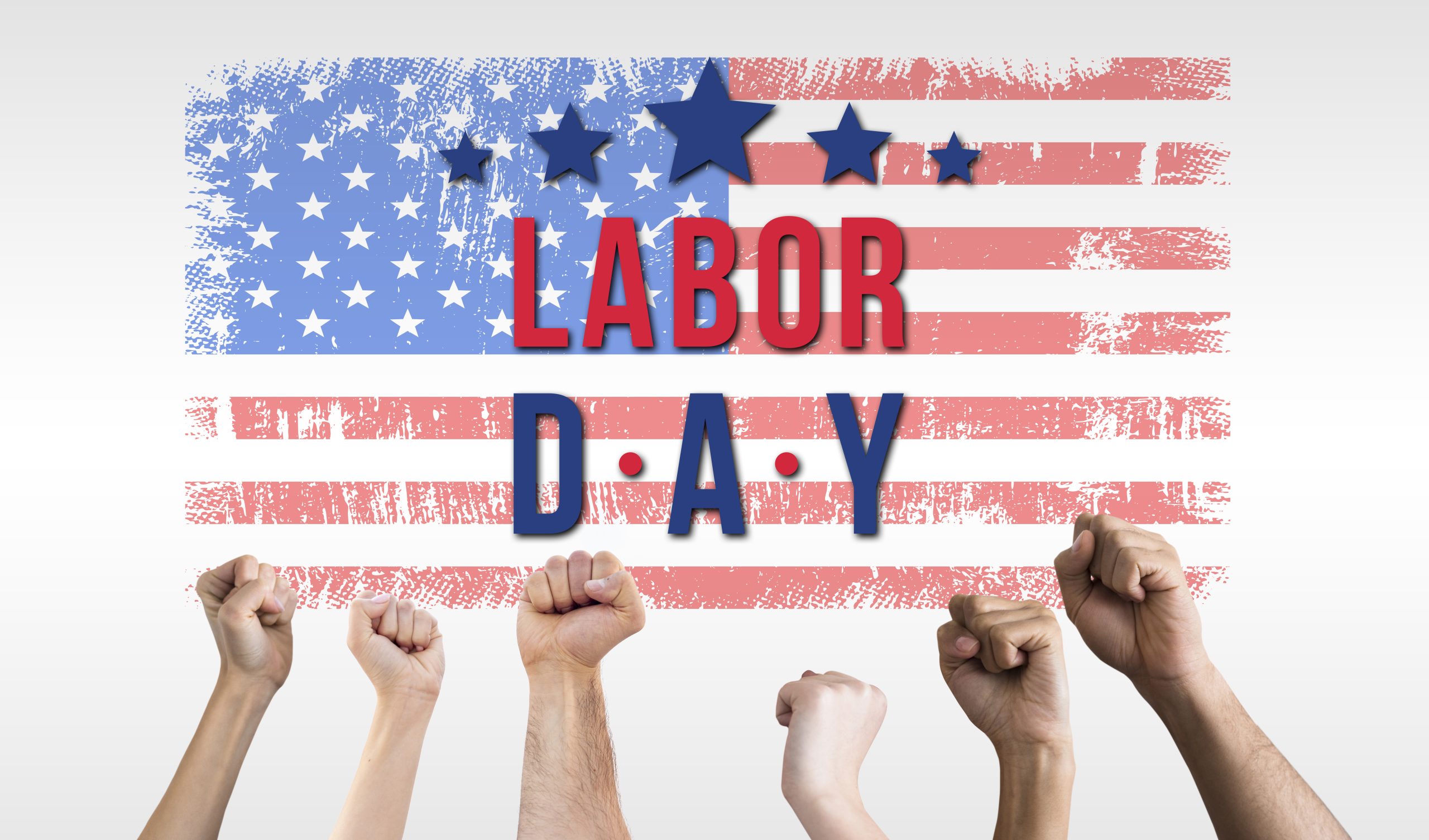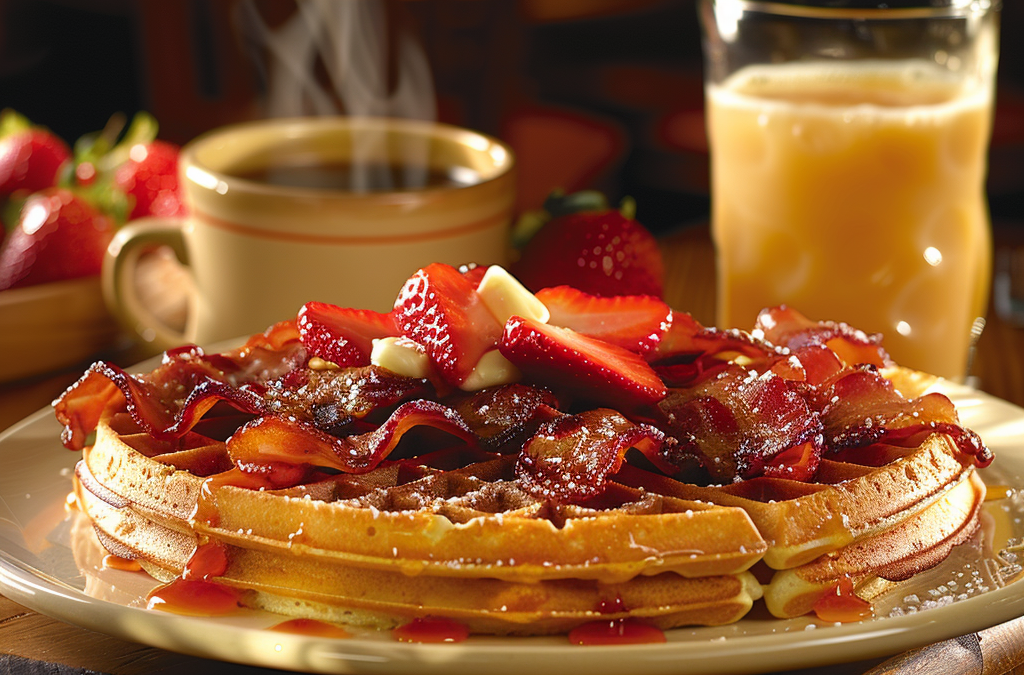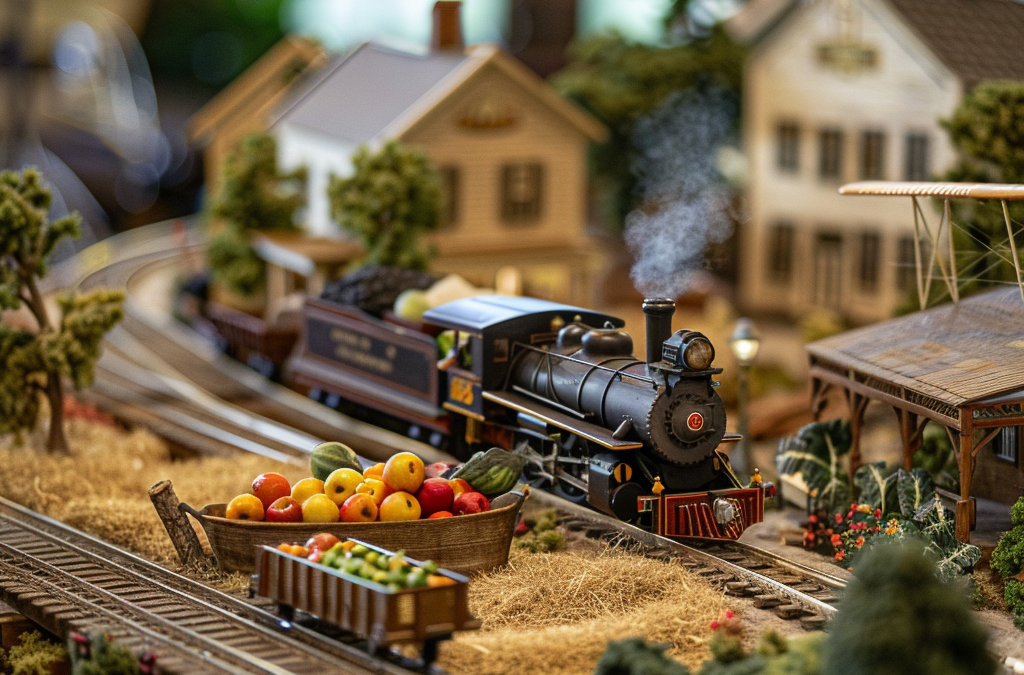For decades, the United States has celebrated Labor Day on the first Monday in September to commemorate the bravery of workers who protested inhumane and dangerous working conditions during the late 1800s. September 5th, 1882 marks the first march of thousands of union laborers from New York City Hall to Union Square, while the Haymarket Riot of 1886 reminds us vigilantly of the link between labor and police brutality. Ultimately, thanks to both and events like the Pullman Palace Car Company strike of 1893, Grover Cleveland declared Labor Day an official federal holiday shortly thereafter.
The First Labor Day March
On September 5th, 1882, tens of thousands of union laborers proudly marched from New York City Hall to Union Square in order to protest the inhumane and dangerous working conditions caused by the Industrial Revolution. This march was the first of its kind and marked the beginning of Labor Day as a national holiday. Despite the risks associated with participating in this demonstration, workers of all ages joined together to advocate for better treatment, with some having worked 12+ hours per day, seven days a week without rest or clean water. This powerful show of solidarity set an inspiring example of the potential impact of collective action.
Labor and Police Brutality
The Haymarket Riot of 1886 stands as a powerful reminder of the link between labor and police brutality. On May 4th, a peaceful protest rally for an eight-hour workday and safe conditions was met with fatal police fire, killing two to six people depending on reports at the time. The following evening, another peaceful protest against police brutality ended in tragedy when a bomb was thrown, resulting in the deaths of seven police officers and four protesters. Subsequent protests saw further violence, with 60 cops and civilians wounded in a shootout. Eight alleged anarchists were convicted, four of whom were hanged, while three were eventually pardoned. This tragic event sparked a movement which continues to this day, fighting for justice and social reform.
Pullman Palace Car Company’s Decision to Cut Wages
In 1882, New York City recognized Labor Day, however, it took several more years for it to become a federal holiday. This event was likely spurred by the Pullman Palace Car Company’s decision to cut wages due to economic depression in the early 1890s, which caused members of the American Railway Union, led by Eugene V. Debs, to strike against Pullman train cars. The ensuing nationwide railroad strike resulted in 13 deaths and nearly 60 injuries, and President Grover Cleveland had to send troops and U.S. Marshals to intervene. Despite his previous opposition to the Labor Movement, Cleveland ultimately declared Labor Day a federal holiday in 1894.

The Adamson Act of 1916
Railroad workers achieved a significant victory in 1916, when 400,000 workers in four different unions won the right to an eight-hour workday. In response to their threat of striking, President Woodrow Wilson signed the Adamson Act into law, establishing the standard 8-hour day as the legal norm. This achievement was a major step forward for labor rights, and served as a catalyst for further government regulation of working hours. The Fair Labor Standards Act extended this rule to many other industries in 1938, introducing laws protecting minimum wage, overtime pay, and child labor.
Celebrating the Nine Hour Movement
Canada was the first to recognize the importance of honoring laborers with a special day. In January 1872, they began celebrating the Nine Hour Movement, which sought to reduce working hours for workers. This idea of dedicating a day to laborers was eventually adopted by other countries, with the United States declaring Labor Day in 1909 and the world celebrating International Workers’ Day on May 1 every year. Labor Day and May Day are similar but distinct holidays, both of which are greatly appreciated by those who have worked hard to make their dreams a reality.
History of Labor Day
Labor Day is widely celebrated to recognize the hard work of those individuals who have contributed to the grandeur of society. It is generally credited to Peter J. McGuire, who served as general secretary of the Brotherhood of Carpenters and Joiners and was a co-founder of the American Federation of Labor. However, Matthew Maguire, a machinist and secretary of Local 344 of the International Association of Machinists in Paterson, N.J., is also believed to have had a hand in founding Labor Day, proposing the holiday when he served as secretary of New York’s Central Labor Union in 1882.
With the influential demonstration in 1882, the horrific Haymarket Riot in 1886, President Cleveland recognizing Labor Day in 1894, and over a century of advocacy both before and after, the labor movement has made a powerful impact on society. Actively speaking up and uniting against poor working conditions and injustice were the first steps, and strides continue to be made to secure the rights necessary for an acceptable quality of life. It is our duty to continue pushing these changes forward for generations to come with an unwavering commitment to solidarity and justice that serves as a source of strength in the face of inequality. Now, every year on Labor Day, we take the time to reflect upon those who faced harsh odds and fought confidently for their rights in what felt like a hopeless struggle. We recognize the depth of their courage and the commitments made by them nearly two centuries ago in order to make the world safer and more equitable for the laborers of the now and future.






